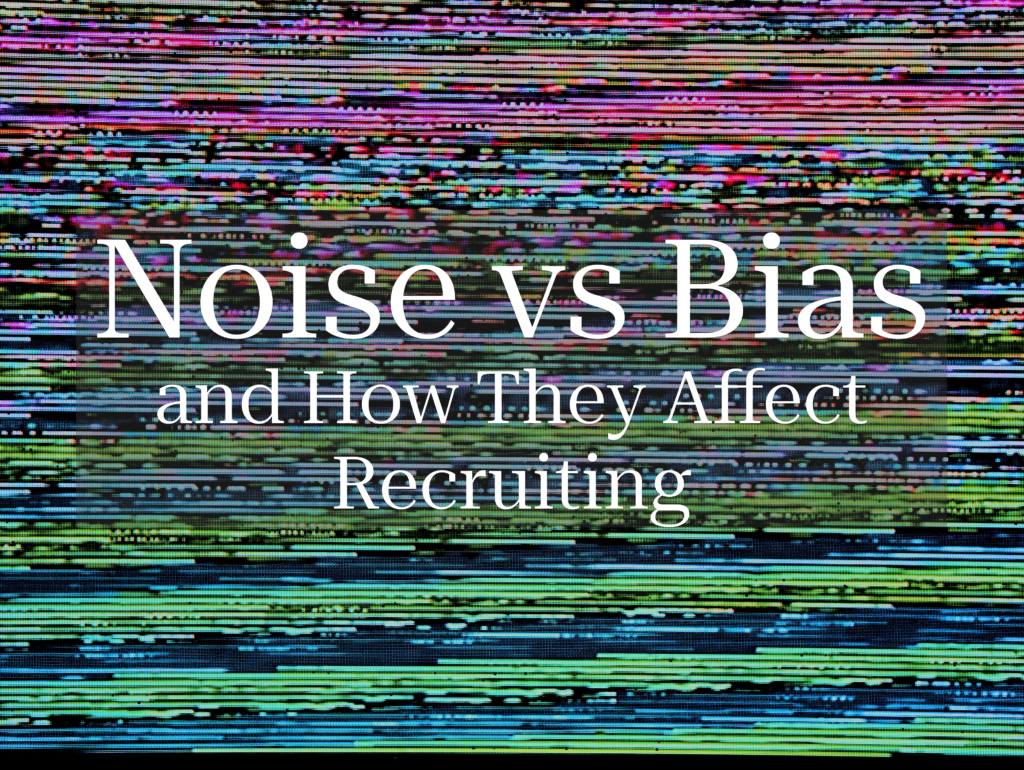The term ‘economic soft landing’ refers to a deliberate and controlled slowdown in economic growth to prevent out-of-control inflation and unsustainable expansion. Picture this scenario akin to a seasoned pilot guiding an aircraft to a gentle touchdown – in economic terms, it signifies a controlled deceleration of growth to avert hyperinflation and maintain sustainable expansion. This measured approach seeks to ensure economic balance and, particularly, to reduce disruptions in the labor market.
Having a solid understanding of a soft landing can help recruiting professionals prepare, so let’s jump into it.
The Significance of a Soft Landing
Essentially, central banks and governmental authorities slightly increase interest rates to temper economic activity. This calculated maneuver serves to counteract the perils of unchecked inflation and instability. Analogous to a gradual application of brakes, this approach precludes abrupt and jarring economic contractions.
Navigating Turbulence in the Job Market
The goal of a soft landing is primarily to avoid a recession and ensure a sustainable economy. However, the effects of a soft landing can mean both good and bad news for the job market.
- Gradual Impact on Employment: The measured decline of a soft landing affords business owners the time to recalibrate their finances and recruitment strategies without resorting to abrupt staff reductions. However, due to potential economic ambiguity, recruitment activities may slow down as enterprises adopt a cautious stance toward workforce expansion.
- Focus on Efficiency and Talent Optimization: As companies become cautious about onboarding new folks, optimizing existing talent becomes crucial. Recruiters may notice a shift towards talent retention, upskilling, and internal mobility as businesses try to be more efficient without making major hiring decisions.
- Rise in Remote and Flexible Work: In the wake of an economic soft landing, we might notice further acceleration in the trend towards remote and flexible work. Companies might leverage these practices to wrangle expenses while providing employees with a better work-life balance.
What Recruiters Can Expect from a Soft Landing
For recruiting professionals with a bit of proactiveness and adaptability, navigating a soft landing doesn’t need to be stressful. Here are some key factors to keep in mind for success:
- Strategic Workforce Planning: As the economy shifts, work closely with organizational leaders to align recruiting strategies as the priorities of the business evolve. A harmonious human resource strategy can help identify critical roles that need to be filled immediately and positions that can be put on hold.
- Emphasis on Skills and Culture Fit: During economic uncertainty, the emphasis on skills, competencies, and cultural fit becomes even more pronounced. Collaborate with hiring managers to refine job descriptions, focusing on transferable workstyles and skills that can be adapted across different roles and departments.
- Talent Pipeline: Maintain a reservoir of potential candidates, even if there aren’t immediate hiring needs. Having a readily available talent pool can allow you to move quickly on A-team players once the economic situation stabilizes. There’s likely a highly qualified talent pool already waiting for you within your ATS. MojoHire can help you tap into that within seconds.
- Agility and Innovation: In response to the explosion of remote work, start thinking about recruitment strategies such as virtual career fairs, online assessment tools, and video interviews. These can help maintain momentum even in challenging hiring conditions.
- Elevate the Candidate Experience: With a potentially competitive job market, knocking the candidate experience out of the park can be what sets your company apart from the pack. Clear communication, timely updates, and personalized interactions can attract top talent to your organization.
In conclusion, an economic soft landing is a delicate balancing act to maintain stable economic growth while preventing out-of-control inflation. For recruiting professionals, this phase demands agility, strategic thinking, and an understanding of evolving dynamics within the job market. By adapting to changing circumstances and aligning recruitment strategies with shifting business needs, talent acquisition professionals can play a pivotal role in guiding their organizations through the turbulence of an economic soft landing.
Schedule a demo of MojoHire and learn how injecting AI into your ATS can make adapting to the constant flux of the job market a breeze.






